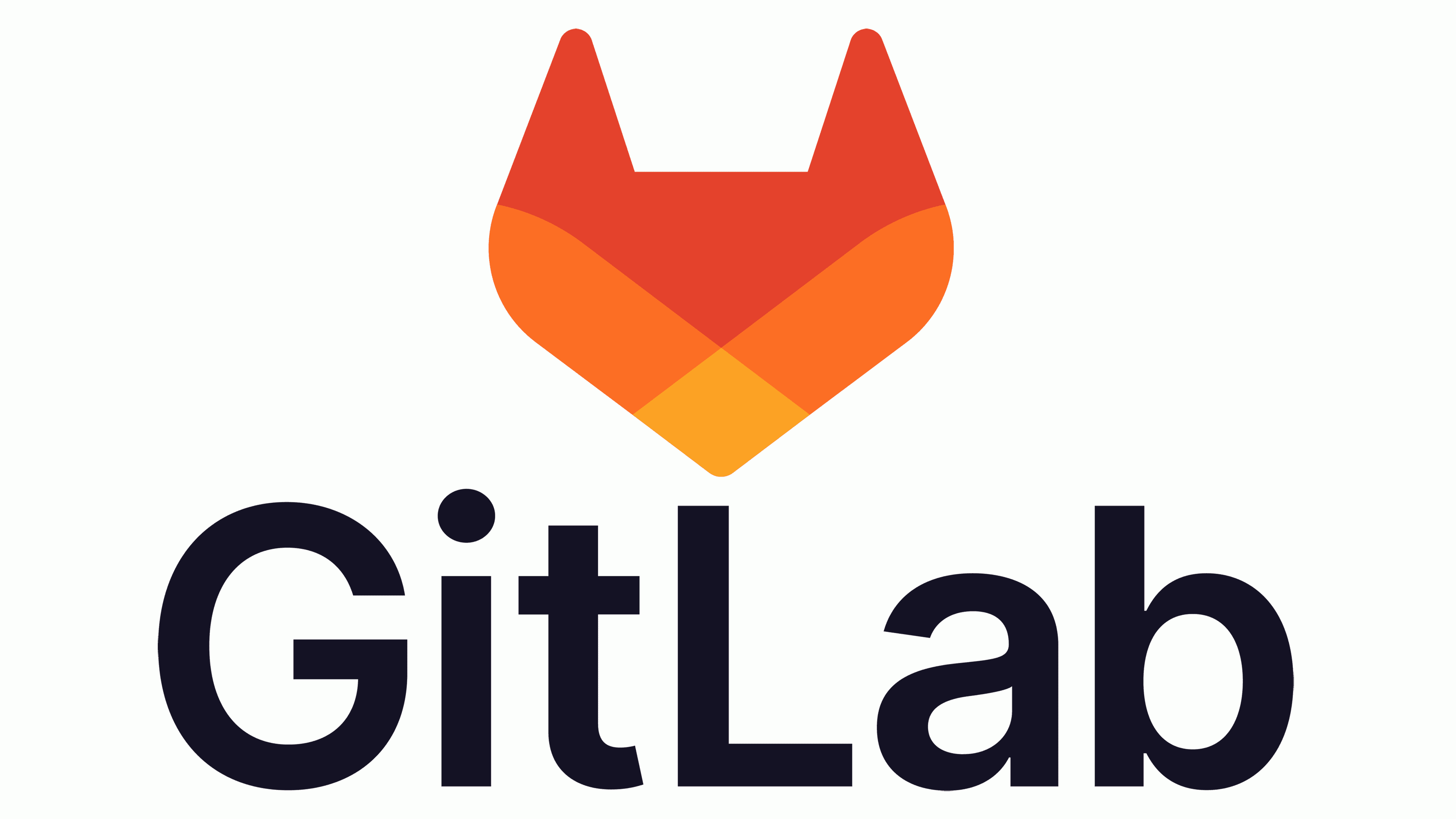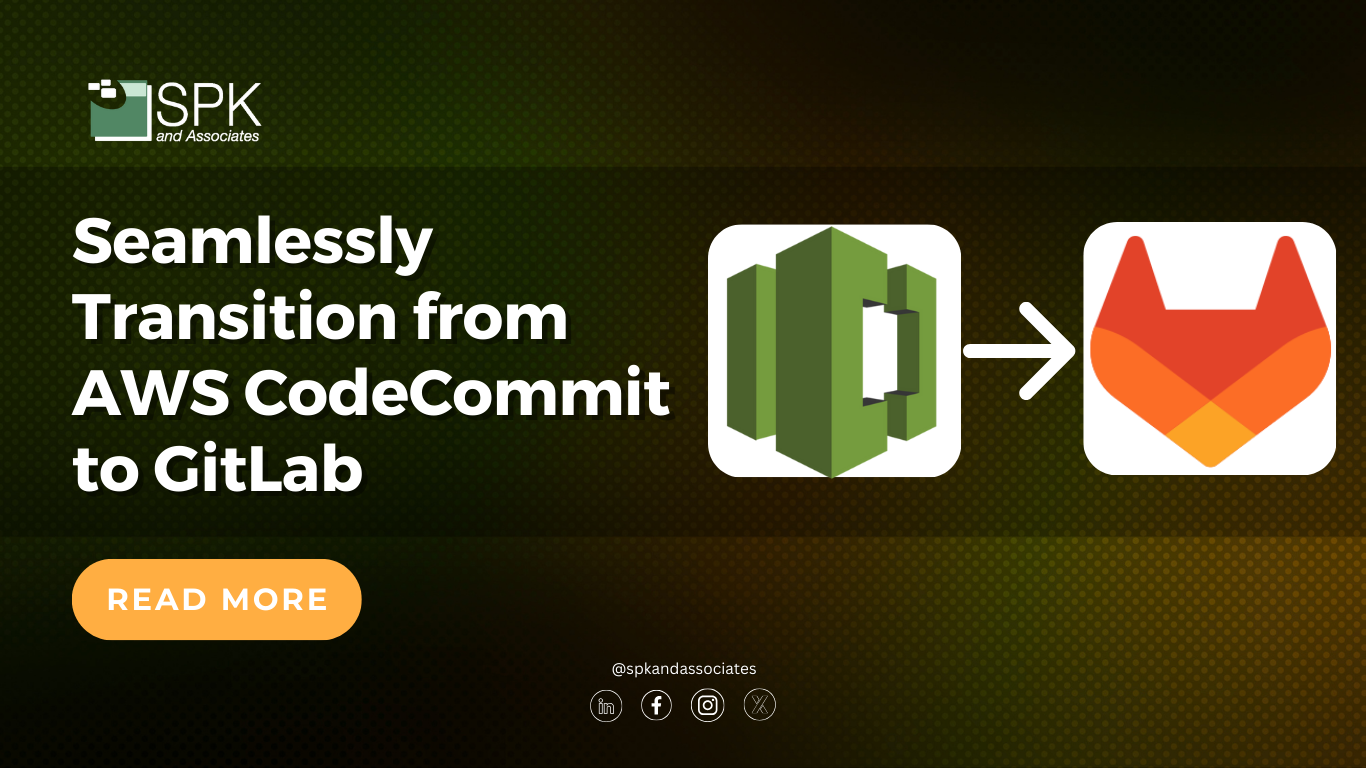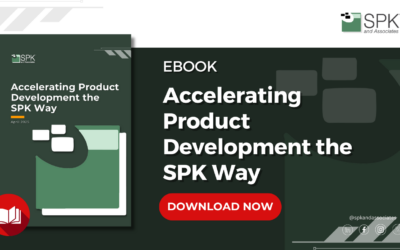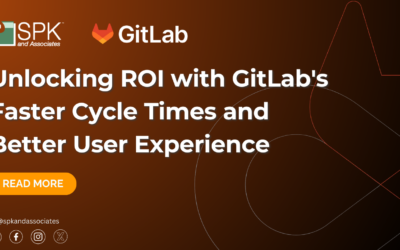In July of 2024, AWS announced that AWS CodeCommit would no longer be sold to new customers. And thus begins the journey of winding down a product for AWS. As AWS CodeCommit approaches its end-of-life, many organizations face a tough decision. Choosing where to migrate their code repositories and DevOps pipelines is pivotal for the success of their business moving forward. This decision could allow them to adapt and improve their DevSecOps practices by using a more unified, feature-rich platform like GitLab. Let’s explore the benefits of moving to GitLab from AWS CodeCommit.
Why Migrate from CodeCommit to GitLab
With the announcement of AWS retiring CodeCommit, customers have been urged to seek alternative solutions. AWS offers a diverse suite of tools like CodePipeline and CodeBuild which often require complex integrations, multiple configurations, and significant maintenance efforts. While these efforts are necessary to ensure smooth operations, this approach can create bottlenecks in application delivery. GitLab, on the other hand, provides an all-in-one DevSecOps platform. It consolidates tools for source code management, CI/CD, security, governance, and analytics. By moving to GitLab, businesses can simplify their workflows, enhance security, and accelerate development cycles.
The Benefits of GitLab
Comprehensive DevSecOps Integration
GitLab’s DevSecOps platform offers many features and capabilities. It handles the entire software development lifecycle from planning and coding to deployment and monitoring. Additionally, security is integrated directly into pipelines with tools for vulnerability, secret, and dependency scanning.

Dynamic Review Environments
GitLab allows developers to create temporary environments for testing and verifying features, which are automatically cleaned up post-use. This reduces the reliance on centralized infrastructure and accelerates feature releases.
Enhanced Governance
Merge requests require multi-level approval processes in GitLab, which ensures thorough review and collaboration. Additionally, code ownership features automatically notify relevant experts for specific changes. This fosters accountability by ensuring everyone is aware of who needs to make the necessary changes.
Cost and Resource Optimization
GitLab’s platform is an “all-in-one”, eliminating the need for multiple tools. This therefore reduces licensing and operational costs. Furthermore, its automated workflows minimize costly human intervention and errors, which allows teams to focus their efforts on innovation. Lastly, GitLab reduces challenges regarding maintenance and integration, which also saves time and money.

Adding AI to the Software Development Process
GitLab Duo, GitLab’s AI product, combines the power of GitLab’s all-in-one DevSecOps platform with AI-driven insights to streamline and enhance software development workflows. For companies considering moving their repositories from AWS CodeCommit, GitLab offers unparalleled benefits, including centralized version control, integrated CI/CD pipelines, and robust security features—all within a single interface. Unlike CodeCommit, GitLab provides end-to-end visibility across the software lifecycle, enabling teams to collaborate more efficiently and deliver quality software faster. With GitLab Duo’s AI capabilities, companies can automate code reviews, identify potential vulnerabilities, and optimize processes, reducing time-to-market and development costs. By choosing GitLab, organizations gain a scalable, secure, and innovation-focused platform that accelerates their transition to modern DevSecOps practices.
Flexibility for a Simple Migration
GitLab is a flexible and scalable solution which helps ensure an easy migration. It supports integration with existing AWS services, and is accessible via AWS Marketplace. This helps enable a phased migration with minimal disruption. CodeCommit repositories can be mirrored to GitLab using AWS credentials. Additionally, existing tools like CodePipeline and CodeBuild can be reconnected to GitLab projects. Both of these capabilities help enable hybrid workflows during the migration process.
How SPK Can Help Migrate From CodeCommit to GitLab
At SPK and Associates, we specialize in guiding businesses through complex technology transitions. Our team offers expertise in DevOps, cloud migrations, and GitLab implementations. We start by evaluating your current setup and providing a roadmap for the migration. After properly planning timelines and the efforts needed, we start the migration process. We can utilize GitLab’s mirroring capabilities to migrate your repositories with precision. For pipelines, we ensure a smooth reconnection of AWS tools like CodePipeline and CodeBuild to GitLab. Then, we will help configure GitLab CI/CD pipelines and ensure all security integrations are working properly. During migration, we can provide training to ensure your developers and stakeholders are confident in using GitLab. Post-migration, we offer ongoing support to optimize your workflows.

Ready to Migrate from AWS CodeCommit to GitLab with SPK?
Transitioning from AWS CodeCommit to GitLab is not just a migration, but an opportunity to revolutionize your DevSecOps practices. With SPK and Associates as your trusted partner, you can navigate this change confidently and unlock the full benefits of GitLab’s unified platform. If you are interested in faster release cycles and enhanced operational efficiency, contact our experts to get started with GitLab.






